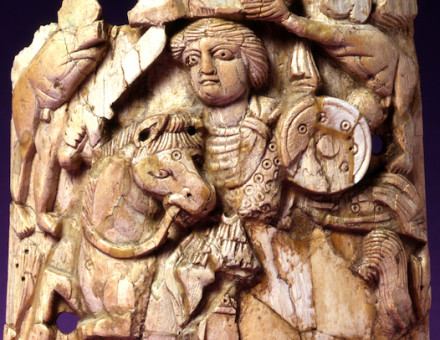The Origins of the Modern Police
Beginning our new series on the history and development of policing, Clive Emsley sets the scene with a broad discussion of the origins and issues of early policing in Continental Europe.
Issues of law and order have a high profile today across the media and on political agendas. Central to the political debates and the factual and fictional narratives are the police and policing. In Britain in particular there is an inclination to look back to a golden age when there was an avuncular, uniformed bobby patrolling every street ensuring that crime was kept to a minimum, and that offenders were speedily brought to justice. Portraying the past in this way and as a stick with which to beat the present is nothing new, and is not confined to matters of law and order. Yet while, over the last quarter century, there has been considerable historical research into crime, police and policing, historians have been perhaps a little reticent about engaging with some of the claims about the golden age and in challenging some of the, to them rather familiar, 'new' solutions to crime and disorder. An understanding of how and why police institutions developed, and how they related to the societies in which they functioned will not provide easy solutions to contemporary problems, but, if nothing else, it will ensure that participants in the debates are better informed.





